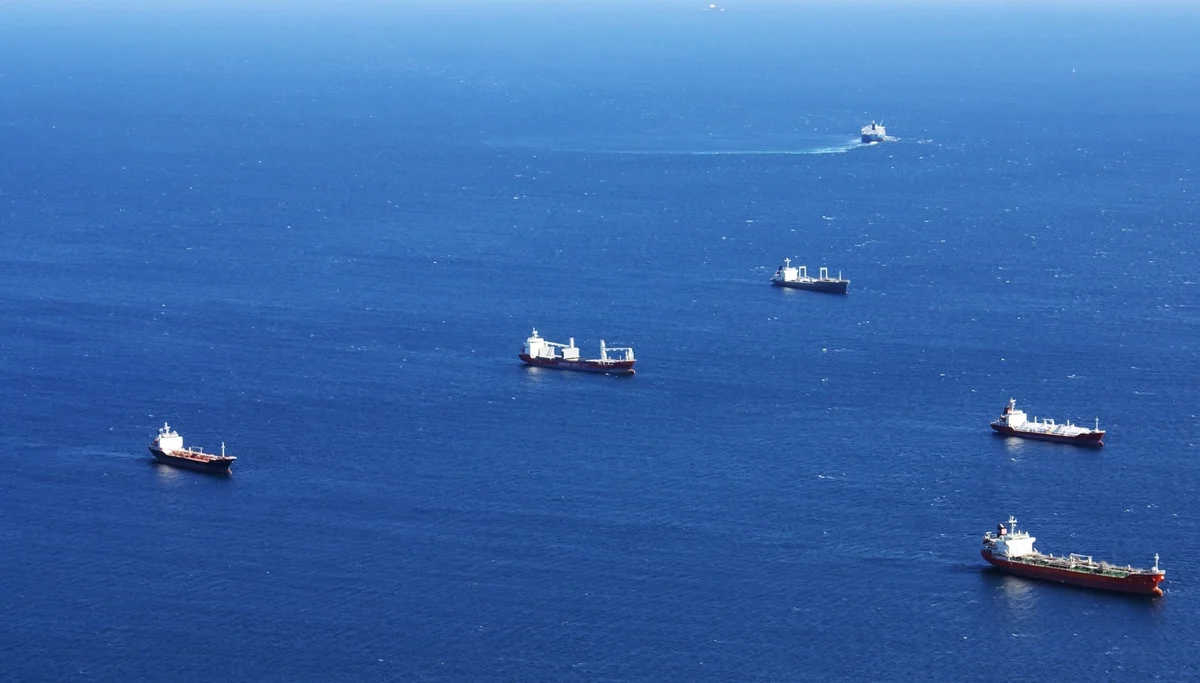In the unpredictable world of maritime operations, crises can arise at any time, whether due to natural disasters, technical failures, or external threats such as piracy. Ship management companies play a critical role in navigating these crises and ensuring the safety of crew members, vessels, and cargo.
1. Emergency Preparedness and Response Plans:
One of the primary responsibilities of ship management companies is to have comprehensive emergency preparedness and response plans in place. These plans cover various scenarios, including onboard fires, equipment malfunctions, and extreme weather conditions. By conducting regular drills and training sessions, ship management companies ensure that both crew and onshore teams are ready to respond effectively in a crisis.
2. Handling Natural Disasters:
Natural disasters, such as hurricanes, typhoons, or tsunamis, pose significant risks to maritime operations. Ship management companies are responsible for monitoring weather conditions, rerouting vessels when necessary, and ensuring that the crew is well-prepared for emergencies. Additionally, they coordinate with ports and rescue services to manage safe docking or evacuation procedures.
3. Technical Failures and Rapid Repairs:
Technical failures, such as engine breakdowns or communication system malfunctions, can cripple a vessel if not addressed swiftly. Ship management companies must ensure that their fleet is regularly maintained and that repair teams are available at short notice. In the event of a technical failure, having access to a network of repair facilities and spare parts suppliers is crucial for minimizing downtime.
4. Responding to Piracy and Security Threats:
Piracy remains a significant threat in certain regions, such as the Gulf of Aden and the waters off West Africa. Ship management companies must implement security measures, including the use of armed guards, secure routing, and compliance with Best Management Practices (BMP) for protection against piracy. In case of an attack, ship management companies coordinate with international naval forces and crisis response teams to ensure the safety of the crew.
5. Communication and Coordination During Crises:
Effective communication is vital during any crisis. Ship management companies serve as the central hub for communication between the ship, onshore offices, emergency services, and relevant authorities. Maintaining clear and consistent communication channels ensures that all parties are informed and can act quickly in response to the evolving situation.
6. Post-Crisis Analysis and Improvement:
After a crisis is resolved, ship management companies conduct thorough post-incident analyses to learn from the experience. This helps in improving emergency preparedness and response plans for future situations. Continuous improvement is key to ensuring that the company remains resilient in the face of potential crises.
Conclusion:
In the maritime industry, crises are inevitable, but with the right preparedness and response strategies, ship management companies can mitigate risks and ensure the safety of their operations. From technical failures to security threats, the ability to manage crises effectively is a testament to the strength and reliability of a ship management company.
—
This blog post would emphasize the critical role that ship management companies play in crisis situations, showcasing your company’s expertise in handling emergencies and ensuring safety. Let me know if you need more details or further content!




